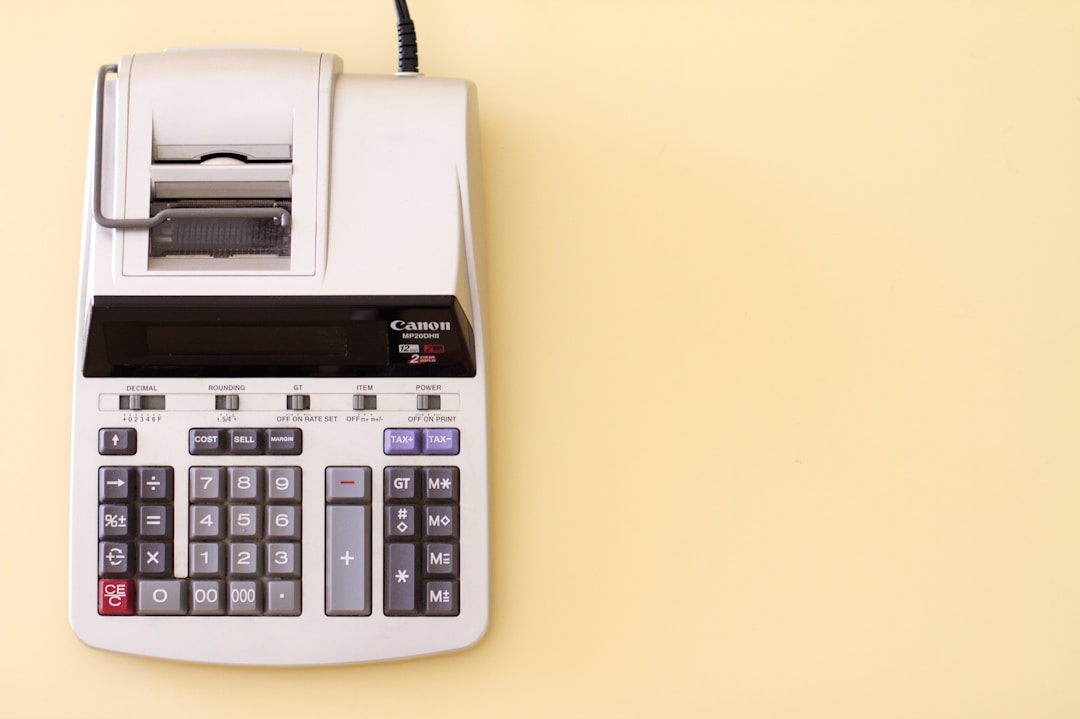Cryptocurrency has received a great deal of attention over the years, which is largely due to its bullish performance and novelty. However, few investors have done their due diligence prior to investing in crypto, which can be anxiety-inducing as next year’s tax season rolls around. For example, if you’ve invested in gold and wanted to diversify your portfolio, you may have assumed that crypto worked in the same way. However, things are rarely that simple.
The good news? It’s never to learn more about virtual currency and how the IRS or other government tax organizations classify these assets. If you’re a gold investor who turned to new assets like Bitcoin, Litecoin, or Ethereum, here’s a quick guide to cryptocurrency tax to help you understand your responsibilities as a taxpayer.
Is cryptocurrency treated similarly to gold? Here’s how crypto differs from other assets.

Let’s imagine you were to see some exciting news regarding a new gold mining project and decided to get involved. For example, perhaps you ran into a recent article on the increase of gold production due to Alamos Gold in Turkey, in which they have already produced 125,800 ounces of gold this year. This increase in performance during the first quarter for Alamos Gold as well as the rising prices of precious metals may have inspired you to begin investing.
Now, let’s imagine that you decided to invest in cryptocurrency because of positive developments in the industry as well as some of the all-time highs we’ve seen over the past year. You may assume that these two items are both tradeable assets, so it stands to reason that they’re the same, right? While these two assets do share some similarities, there are some key differences to understand in order to see how they will impact your tax return.
The first and most important difference to know is that digital currency is subject to both income tax and capital gains taxes. For example, if you were to engage in crypto mining or receive a salary or payments in crypto, you would not only have to report capital gains or capital losses to the government, but you will also have to pay income tax before any trades or spending. This tax liability is important to know if you didn’t just purchase crypto assets from a cryptocurrency exchange or if you have an account that bears interest.
Digital assets, unlike gold, are also far more volatile than gold. Whereas gold prices will rise or drop steadily, crypto can lose half of its value in less than an hour. Knowing the fair market value of your coin and having financial statements that record the price of your assets is crucial to reporting correctly. Put simply, gold and cryptocurrency vary quite a bit in regards to classification and function. Understanding this will ensure you get the most out of your crypto activity.
What are considered to be taxable events in regards to cryptocurrency?

There’s often a lot of uncertainty that comes with filing taxes when you’ve traded cryptocurrency. This can be cleared up by understanding when and how your government expects you to file. Some of the taxable events that will need to be reported include:
- Receiving crypto as ordinary income or by mining activities: Whether you’re a miner or someone who receives payment in Bitcoin, this is considered to be taxable income by the government and will need to be filed alongside other income on your normal tax return.
- Receiving crypto because of airdrops or hard forks: Whether an organization has sent you coins via an airdrop or a blockchain has forked to create a new coin, these are both considered taxable events and are generally treated as taxable income.
- Selling or spending crypto: Any time you trade cryptocurrencies for each other, sell them for fiat currency, or spend them on a product or service, you need to report your cryptocurrency gains or losses to the government. (Keep in mind there are both short-term capital gains and long-term capital gains, which will be important as you file the relevant tax forms.)
Of course, this is often followed by one final question: How do I file? Tracking down all of your virtual currency transactions from multiple crypto exchanges and can feel near impossible. The first step is to look for a crypto tax calculator that can import your data, calculate your dues and deductions, and provide you with a comprehensive report in a matter of seconds. Then, all you have to do is double-check the information and send it in!
Crypto taxes can be confusing if you’re more accustomed to alternative investments like gold. However, they’re not impossible to understand. If you have any crypto transactions you need to report, use the guide above to help you get started on your reporting journey!






